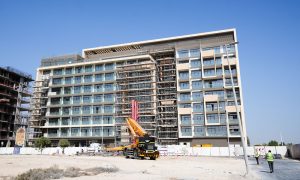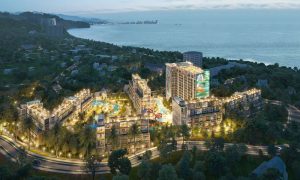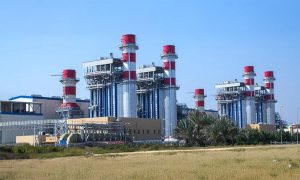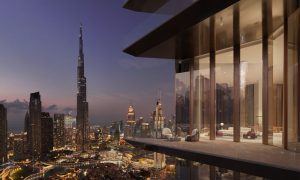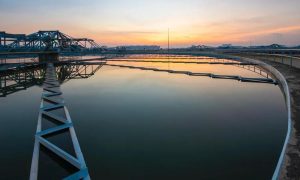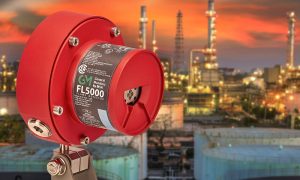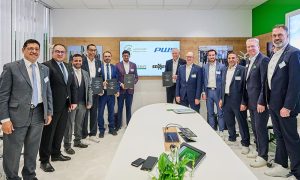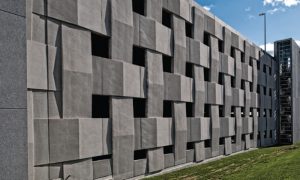UAE construction workforce to get increased Emiratisation
“Duty-bound” to increase local representation, says Hasan Ismaik, CEO, Arabtec Holding
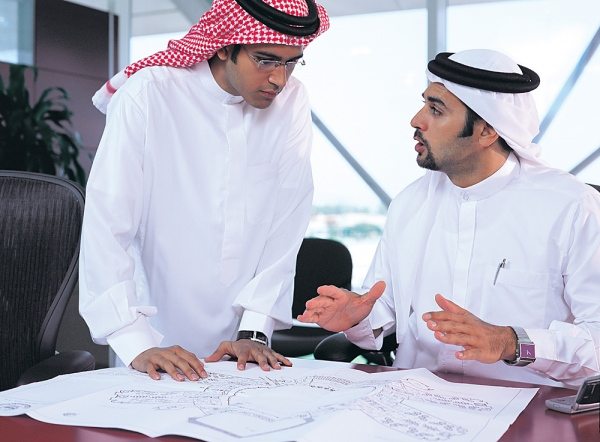
RELATED ARTICLES: Arabtec looks to create thousands of jobs for youth in GCC, MENA regions | Ministry of Labour warns against ‘fake Saudisation’ | Oman faces labour challenge
Hasan Ismaik, managing director and CEO of Arabtec Holding, has expressed his desire to involve Emirati youth in his company’s workforce in order to capitalise on and harness local talent from the UAE.
Speaking at Arabtec’s Annual General Meeting for the year ended 31 December, 2013, Ismaik said UAE nationals contributed to the company’s positive performance and growth through the year.
“We are duty-bound to give UAE nationals the opportunity to be part of this success,” he stated. “In fulfillment of that commitment, we launched during the year, a large-scale campaign to attract the best tier local talents and give them access to leading positions in management, planning and operation in a multitude of domains, particularly engineering and other technical specialisations.”
“We have managed to attract scores of talent and our doors are still open to welcome more qualified cadres from the Arab countries as well as from different parts of the world.”
A statement by the company earlier this year announced the launch a large-scale recruitment campaign targeting ambitious youth who are ‘eager to contribute to their country’s development by joining Arabtec’s various teams and at the same time gain invaluable experience from the unique mix of international expertise involved in Arabtec’s projects’.
The next phase of this campaign is will extend across other Arab countries where Arabtec has operations, such as Saudi Arabia, Kuwait, Qatar, Bahrain and Sultanate of Oman, and is expected to eventually expand to Jordan, Lebanon, Iraq, Palestine, Egypt, Tunisia, Algeria, Morocco and so on.
GCC-member countries have pushed to enhance the ratio of nationals in their workforce through programs such as Saudi Arabia’s ‘Nitaqat’ and Oman’s ‘SANAD’ models.
